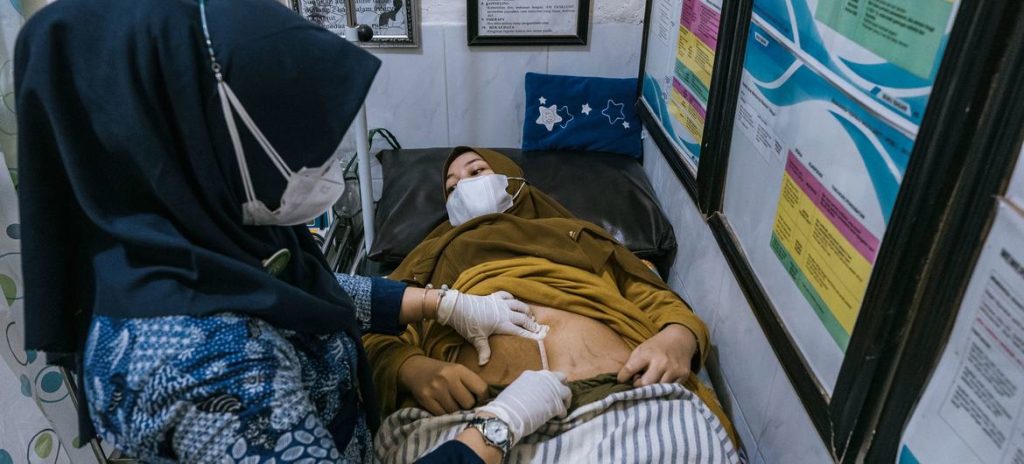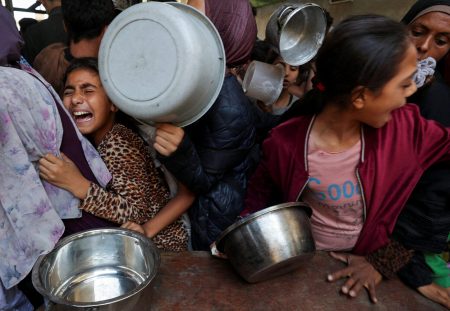Countries are preparing to adopt a crucial pandemic preparedness agreement during the World Health Assembly, which begins in Geneva on May 19. This annual meeting brings together health officials from around the world to address major health challenges. This year’s agenda includes pandemic readiness, climate-related health risks, universal health care, maternal and newborn health, and noncommunicable diseases. Despite ongoing geopolitical tensions, global cooperation remains essential.
The COVID-19 pandemic revealed serious gaps in access to diagnostics, treatments, and vaccines worldwide. It overwhelmed healthcare systems and led to nearly seven million deaths. To prevent such outcomes in the future, countries have worked on a global agreement aimed at improving fairness and efficiency in handling pandemics. Delegates will negotiate the final text of this accord at the Assembly. Although some countries have raised concerns about sovereignty and intellectual property, the World Health Organization is hopeful that consensus will be reached. If adopted, the accord will mark a significant advancement in managing health crises.
Climate change is creating new health risks by increasing extreme weather events and disease outbreaks. Millions of people face threats from these changes. The World Health Organization has developed a plan that links climate policies with health strategies. The plan promotes stronger health systems and funding to protect vulnerable communities. A draft version was released last year, and this year’s Assembly will finalize the plan to help countries better respond to climate-related health challenges.
Universal health care ensures everyone can get quality health services without financial strain. It is a key target of the United Nations Sustainable Development Goals, but progress has slowed in the last ten years. At the Assembly, officials will discuss ways to strengthen primary health care, secure sustainable funding, and reach vulnerable groups. These efforts aim to revive the push for health care access for all.
Maternal and newborn health remains a major concern. Each year, about 300,000 women die from pregnancy or childbirth complications, and over two million babies die within their first month. Earlier this year, the World Health Organization started a campaign to end preventable maternal and newborn deaths. The Assembly will highlight new goals and commitments to reduce these deaths and improve women’s long-term health.
Noncommunicable diseases such as heart disease, cancer, and diabetes cause millions of deaths annually, mostly in low and middle-income countries. Many of these deaths could be avoided with better national health responses. Countries will review how to improve detection, treatment, and care for these diseases at a WHO meeting planned for September. The Assembly will help prepare for this by assessing collaboration with governments and the private sector and looking at ways to improve access to medicines and health technologies.
Financing remains a major challenge for the World Health Organization. Earlier this year, the United States announced it would stop funding WHO, and other countries have reduced their aid. At this Assembly, member states will discuss increasing WHO’s base budget by 50 percent, a proposal that has been in the works since 2022. Additional voluntary contributions are also expected from member states and philanthropic organizations. This funding boost is crucial for WHO to continue its vital global health work.
The World Health Assembly this year will be a test of international cooperation on many critical health issues. The pandemic accord, climate health plans, and renewed focus on universal health care and maternal health signal global commitment to better health for all.















